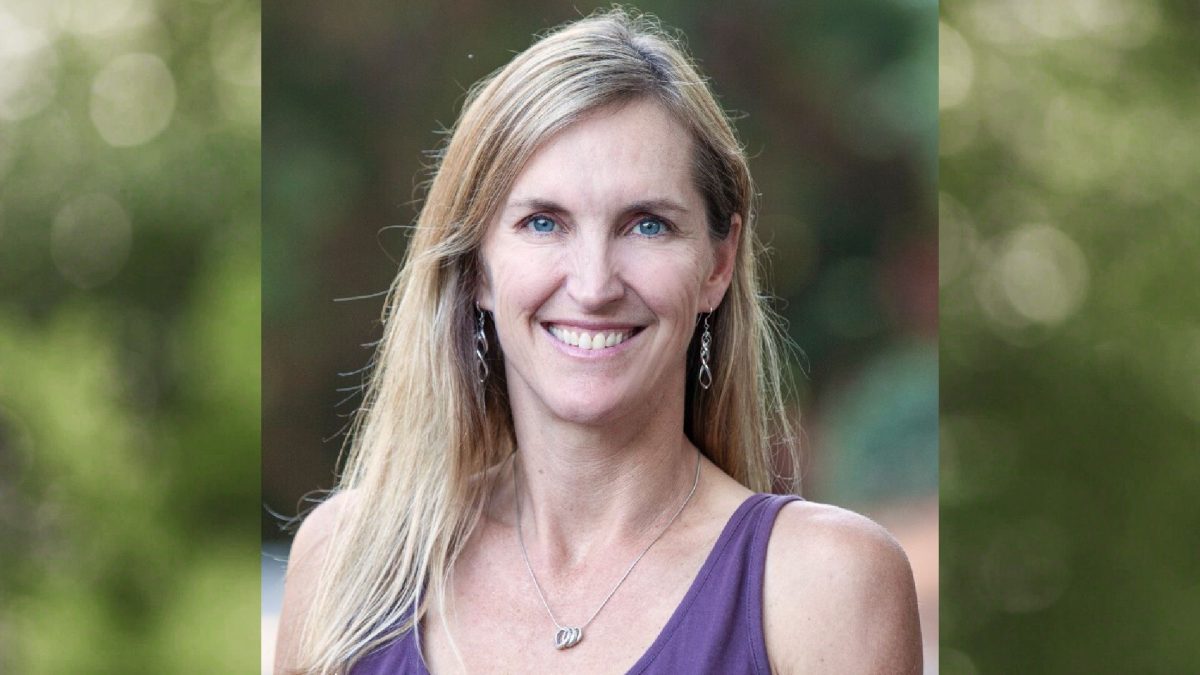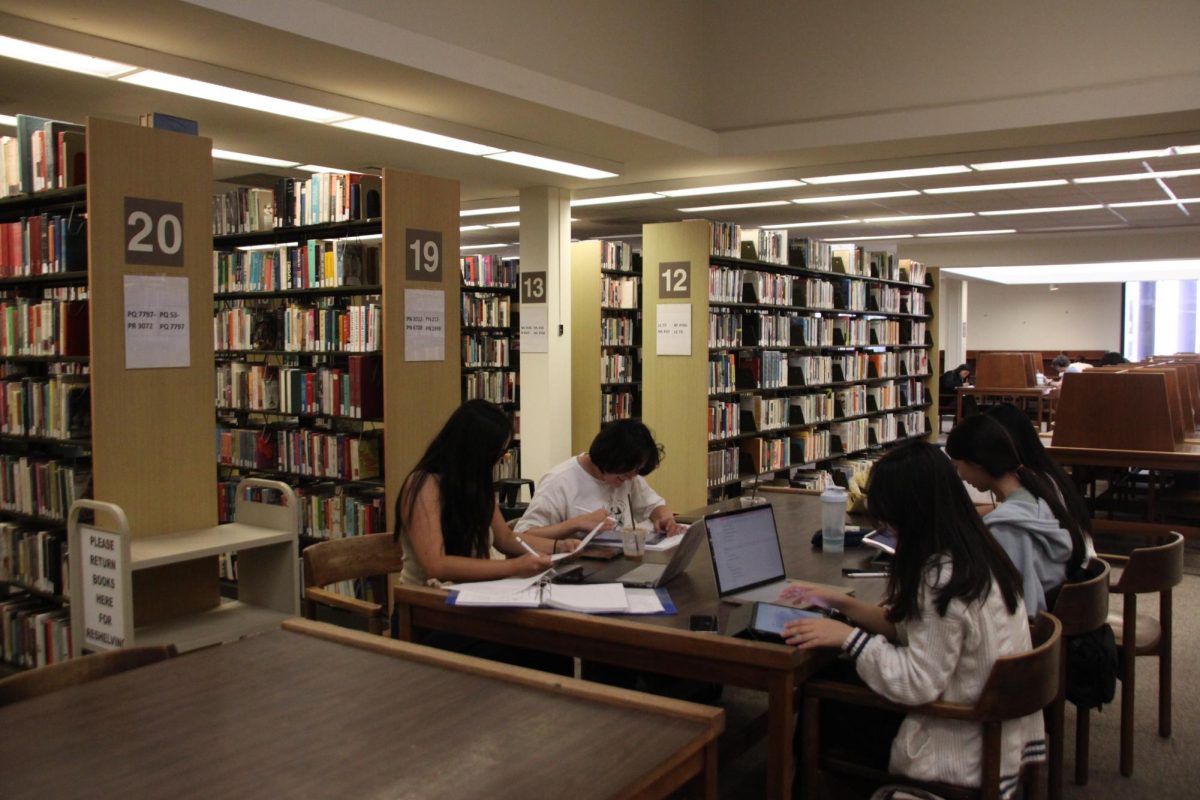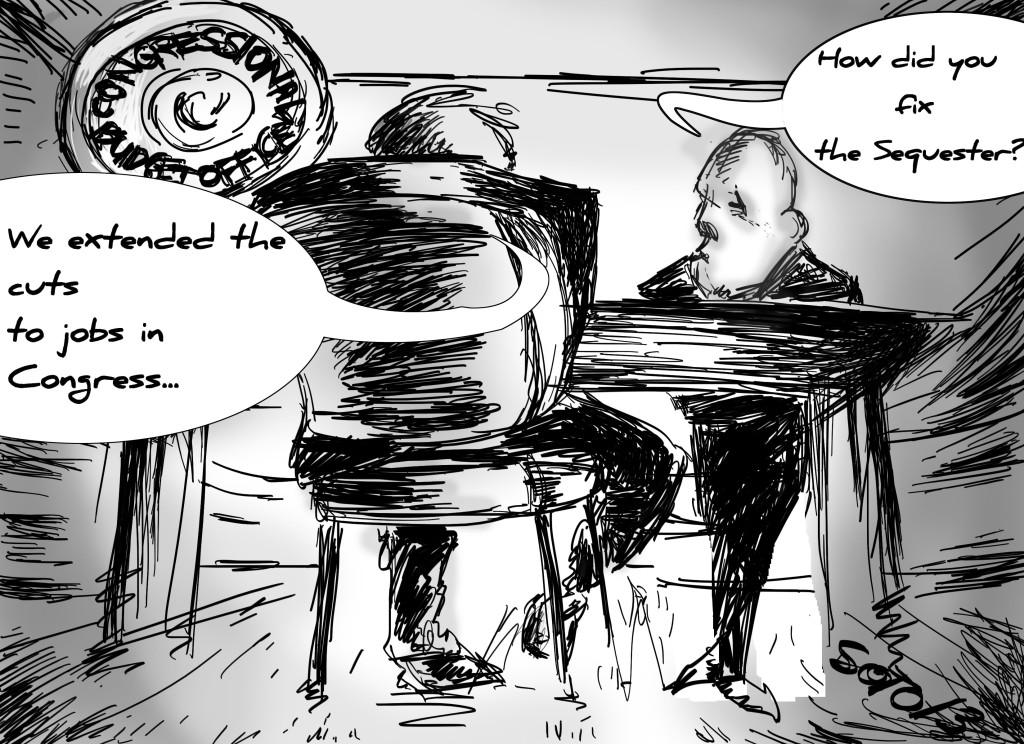A lot of noise is being made about the sequester: how it affects us, who is to blame, and if/how it can be undone. While the answers to those questions can be complicated by a host of things, many still unraveling, it’s helpful to get our bearings if we hope to navigate further.
What is it? Just so we’re all on the same page, the sequester is a series of massive funding cuts to both domestic and non-domestic government programs to the tune of $1.2 trillion over the span of the next 8 years, starting with $85 billion this year.
Why is this a thing? The sequester kicked in as a result of Congressional stalemate over how to they would reduce the deficit during the 2011 Budget Control Act. That act, which saved us all from the bread line in 2011, came with a clause that said Congress would have to figure out how to reduce our debt down the road.
What the President and Congress failed to predict was an impasse over how they’d achieved that clause later on. The familiar left vs. right ideological divide unsurprisingly pitted Democrats wanting to tax the rich against Republicans wanting to cut aid for the poor. With neither side willing to budge, the sequester, which hurts everyone, happened.
The sequester was designed to be an undesirable contingency, motivating both parties to agree on where to trim fat before zero hour. Now, with agreement never being reached, the automatic sequester will punish everyone because politicians dropped the ball.
Who is to blame? While Obama and the Democrats authored it, they never expected the Republicans or anyone else to actually allow it to happen. While it’s no surprise house Republicans put the interest of the nation’s richest (the rich Obama proposed we tax to avoid the sequester) above the interest of the nation’s disadvantaged, it is a surprise conservatives would let their protective instincts of the nation’s top 2% trump interest in defense spending, which the sequester will hit particularly hard (accounting for 42% of the cuts total).
A recent Pew poll in the Washington Post showed most people blame Republicans in Congress for the sequester. Still, arguments that Obama never should have caved to pressure to author such a contingency back in 2011 share validity. What’s become increasingly clear is that while the temptation for political finger pointing may be fun to indulge in the short term, it isn’t very helpful with the jaws of austerity closing around us.
So why should we all care? How do the cuts affect us? If by “us” we mean college students in California, the sequester will impact most student aid and grant programs including the Federal Supplemental Educational Opportunity, and Title III-A grants, and notably $26 million from the Trade Adjustment Assistance Community College and Career Training Grant Fund, only sparing Pell. Fortunately, because of funding cycles, most of these cuts wouldn’t be felt right away, and they aren’t retroactive.
On the other hand, if by “us” we’re referring to Californians in general, the most disadvantaged would be hit worst with cuts applying to the newly and long-term unemployed, as well as those who rely on Medicare and low-income housing subsidies. While no programs would be shut down, and Medicaid and Social Security are immune, the overall job loss predictions are grim. Some estimate totals hover around 2 million jobs, many of which would be lost from an already slow-recovering California economy.
Can the sequester be undone? It’s possible, and both the House and Senate, beholden to angry voters, are working on plans to replace the cuts. With Democrats’ “Buffett rule” plans that combine closing loopholes on conglomerates, tax-hikes on the wealthy, and spreading program cuts out over the course of several years, and Republicans hoping to cut mandatory safety nets from under the nation’s poorest, there are proposals being written. But like the impasse that armed this bomb, no one agrees about the plan to disarm it.






































































